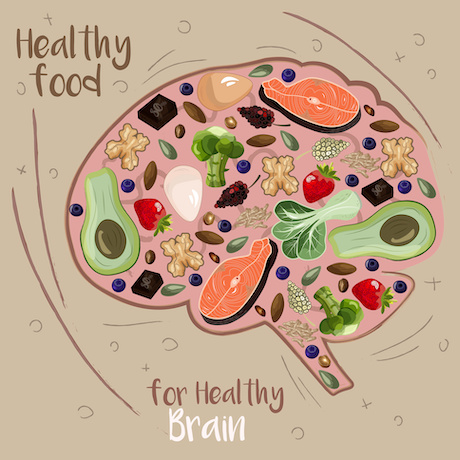Fitness Myths, Busted, Part 2: Treadmills & Fitness Trackers
Last month I kicked off a series to help cut through some of the prevailing myths in the world of health and fitness. Today I’m tackling two more myths that have a common theme: that steady state cardio will lead to better health.

Myth: Cardio is the key to fat loss
I hate to break this to you, but just doing cardio alone won’t solve your belly problems. In fact, focusing exclusively on cardio for your fat loss success is a sure way to hit a plateau and even go back to gaining weight. There’s always an exception to the rule and if you’re the type who’s going to mix in long steady cardio with interval/speed training – then, yes, you will see weight loss. But this, too, will come at a cost — muscle loss — unless you also work in some strength training twice a week. And if you do all of these things…please email me. I need a good kick in the butt to start training at this level again!
If you want to feel better and look better? The formula is pretty simple: eat better and exercise at varying intensities.
While it’s true that lengthy, slow workouts (running, cycling, swimming, walking) will use up more fat for energy, they’re not the way to go for long-term fat loss. In fact, too much cardio can slow down your progress as the body will adapt to long bouts of activity. Instead of that 40-minute (or longer) cardio workout, you can do higher intensity exercises (resistance/weight training, circuit training, etc.) for half (or less) of that time and kill more calories at a faster rate. And you’ll get the added benefit of your metabolism staying revved up even after you’ve left the gym.
![]()
Myth: 10,000 steps will lead to better health
Fitness trackers have swept the nation. You can find people everywhere wearing expensive step counters and heart rate monitors around their wrists. Heck, even our phones now have step counters. And while I’m all for anything it takes to get people to start exercising, the concept of 10,000 steps doesn’t have the science behind it to back up that you will be healthier if you hit that magic number of steps.
To put it simply, 10 thousand steps is recommended, but it’s not an assessment of your physical fitness. In fact, FOR’s owner Adrien insists on 10,000 for all of her clients. Yet, we at FOR believe to get fit you really need to get your heart rate up for 150 minutes a week.
With obesity reaching epidemic proportions in the U.S., Americans will certainly benefit from virtually any increased activity and fitness trackers have certainly succeeded in that to some degree. But, we would do better to have personalized goals that use a more scientifically proven measurement, like heart rate.
In fairness to the companies making fitness trackers, they’ve realized that allowing users to set personal goals is much more effective than a one-size-fits-all goal. However, I still have an issue with the whole “tracking” thing. Measuring steps alone doesn’t take into account intensity or any exercise where your foot isn’t repeatedly hitting the ground. To account for this, many trackers are incorporating heart rate monitors, which do give the user a better measurement of intensity across multiple forms of exercise. But even here, proceed with caution. To get a good workout where you’ll start to see results, you want to workout at about 70 to 85 percent of your maximum heart rate. The problem here is how you calculate your max heart rate. The age-old standard is to subtract your age from 220. But just like your fingerprint, everyone’s heart rate is different.
![]()
While I’m critical of fitness trackers they’re not all bad. They’ve been great for getting people off the couch. And with the ability to measure heart rate, you can get a better idea of the intensity of your workouts and start varying your intensity. But you should not rely solely on these devices if you want to see results. Nor should anyone fall prey to the hype that just getting in your 10,000 will get you fit.
In sum, 10,000 is awesome…just not the only fitness you need.
- About the studio
Fitness on the Run is Fitness for Life. Combining a focus on strong bodies and strong minds with a robust wellness education program and unparalleled personalized attention, we provide fitness for health, longevity and functionality.
Fitness on the Run
210 N Lee St.,
Alexandria, VA 22314








